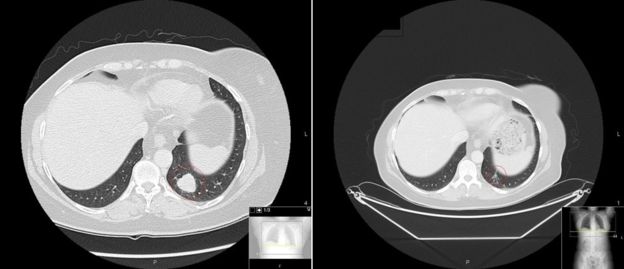A fifth of people with advanced melanoma have no sign of tumours in their body after treatment with a pair of immunotherapy drugs, a study shows.
The first survival data on using ipilimumab and nivolumab in combination showed 69% of patients, in a trial on 142, were still alive after two years, according to BBC.
UK doctors leading the trial said the results were “very encouraging”.
Melanoma, the most serious form of skin cancer, is the sixth most common cancer in the UK
It kills more than 2,000 people in Britain each year.
More studies on the emerging field of immunotherapy will be presented later.
The immune system is a powerful defence against infection. However, there are many “brakes” built in to stop it attacking our own tissues.
Cancer – which is a corrupted version of healthy tissue – can take advantage of those brakes to evade assault.
Ipilimumab and nivolumab are designed to cut the brakes.
Both have become standard therapies in melanoma, but most researchers believe combination therapy will be essential.
The trial showed the survival rate after two years for ipilimumab alone was 53% and no patient’s tumours had completely disappeared.
The equivalent figures for combination therapy were 69% and 22%.
However, more than half of patients had severe to life-threatening side effects which stopped their treatment.
Dr James Larking, who ran part of the trial at the Royal Marsden Hospital in London, told the BBC News website: “It is very encouraging to see that survival rate.
“It will be important in terms of working out the benefit of these treatments in the longer term, but nevertheless it’s a relatively small study still.”
A much larger trial involving nearly 1,000 patients has already started releasing data, but has not run for long enough to produce survival figures.
H.Z

